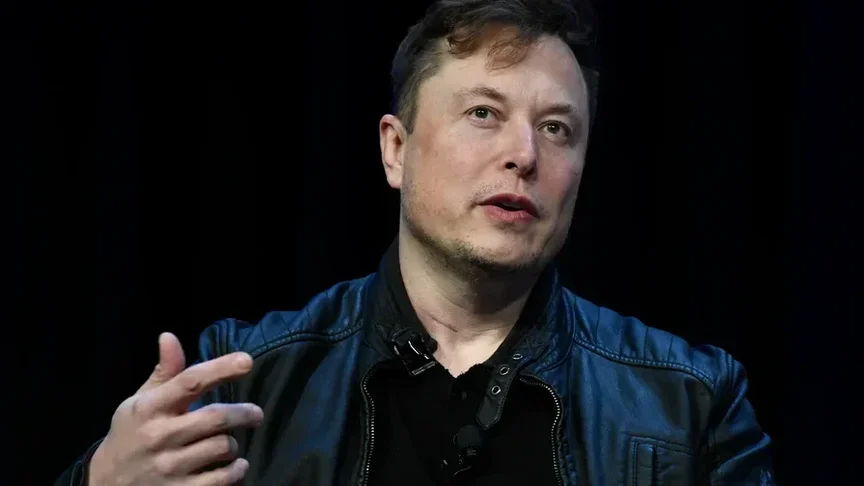Musk once again backed the far-right AfD party in an article for Welt, prompting criticism from the media regarding his remarks.

This has been reported by Euronews and Guardian.
In his column, Musk justified his support for the "Alternative for Germany," calling it the "last spark of hope" for the country.
“The portrayal of the AfD as right-wing extremist is clearly false, considering that Alice Weidel, the party leader, has a partner from Sri Lanka! Does that remind you of Hitler? Come on!” wrote the billionaire.
He further explained why he supports the party's stance on energy, economic recovery, and migration, stating that AfD's principles reflect "the principles that made Tesla and SpaceX successful."
Musk claimed that the party "represents political realism," not extremism. However, in 2021, Germany's domestic intelligence classified the party as a suspected extremist organization at the national level.
Shortly after the column was published, Welt's blog editor Eva Marie Kogel announced her resignation.
Another journalist from the publication, Franziska Zimmerer, reported that Musk's article sparked "intense debate" in the editorial team, and that "many colleagues opposed its publication."
With only seven weeks remaining until the snap elections in Germany, journalists and politicians criticized the timing of the article's release.
Earlier, Musk had posted a message on X, where he called the party the "savior of the country". After that, he dismissed allegations of interfering in German elections.
The "Alternative for Germany" is currently in second place in polls and could disrupt a center-right or center-left majority, but Germany's major centrist parties have pledged to avoid support from the far-right AfD at the national level.
It is worth noting that early federal elections in Germany have been scheduled for February 23, 2025.
More about AfD
This far-right populist party emerged on the political scene in 2013 and entered the German parliament during the 2017 elections. These were the first seats for the far-right in the Bundestag since World War II.
AfD has an anti-immigrant rhetoric, advocates for the preservation of "traditional values," and criticizes the European Union and assistance to Ukraine.
In 2023, AfD surged to second place in nationwide polls amid internal struggles within Chancellor Olaf Scholz's coalition, slow economic growth, and the consequences of the war in Ukraine.
This year, in the European Parliament elections, the "Alternative for Germany" received 15.6% and 15 seats. The party promised to build on this success at the European level and also aimed for victories in three German states—Thuringia, Saxony, and Brandenburg.
It is noteworthy that in June, AfD faction leaders in the German parliament called for a boycott of Ukrainian President Volodymyr Zelensky's speech, labeling him an illegitimate "war president."